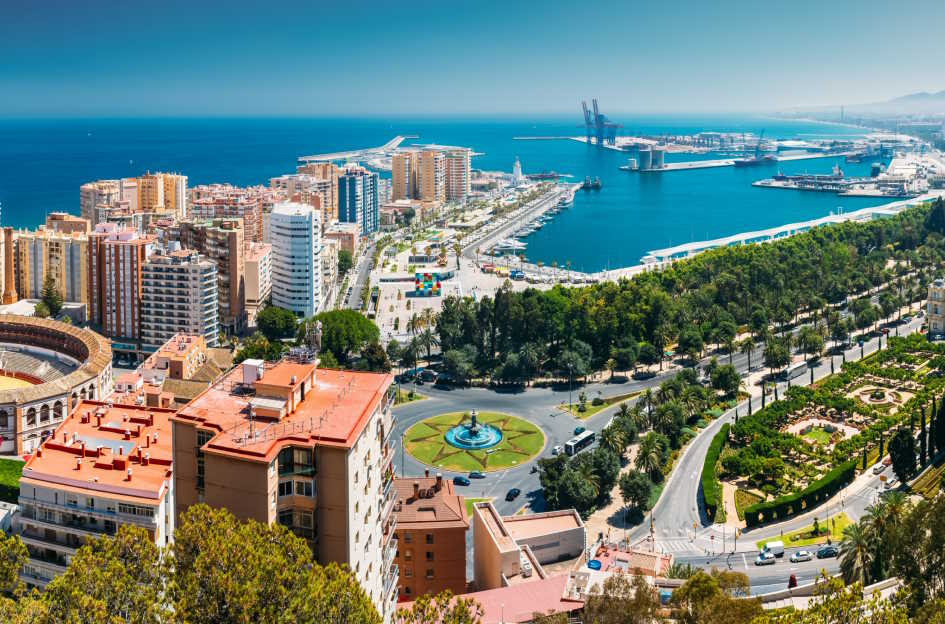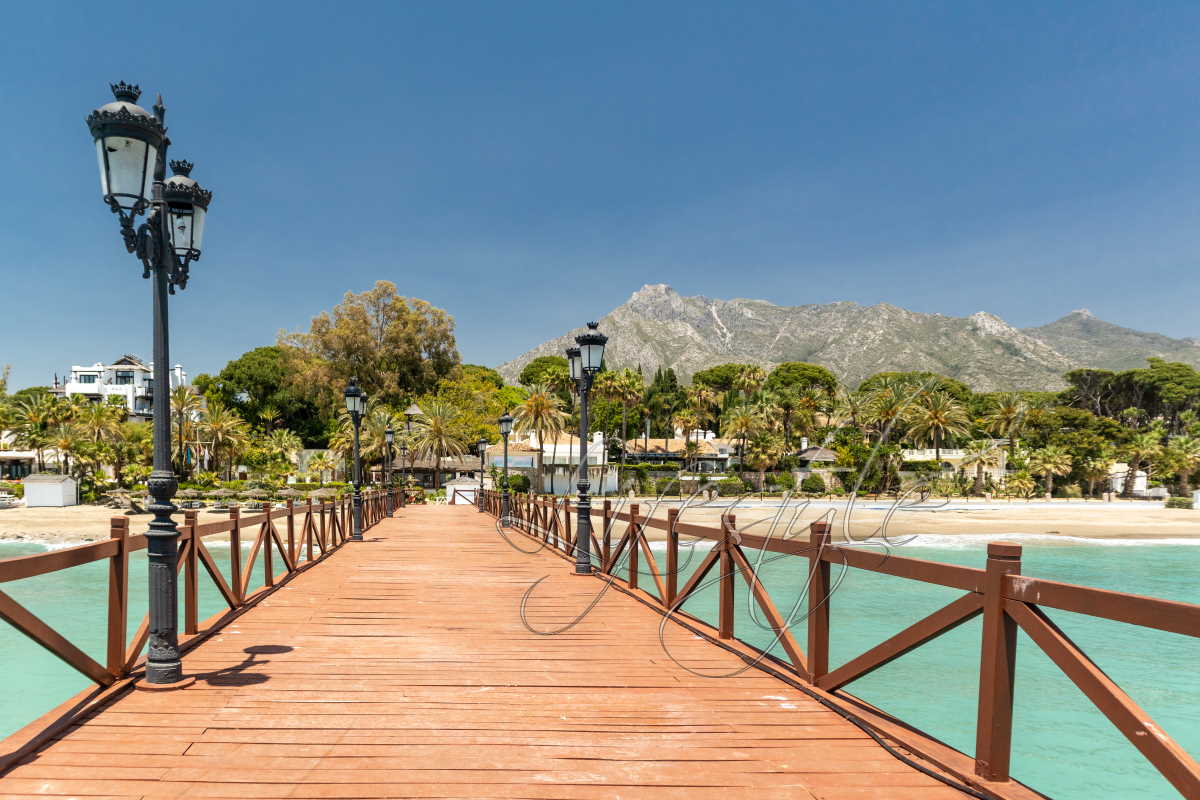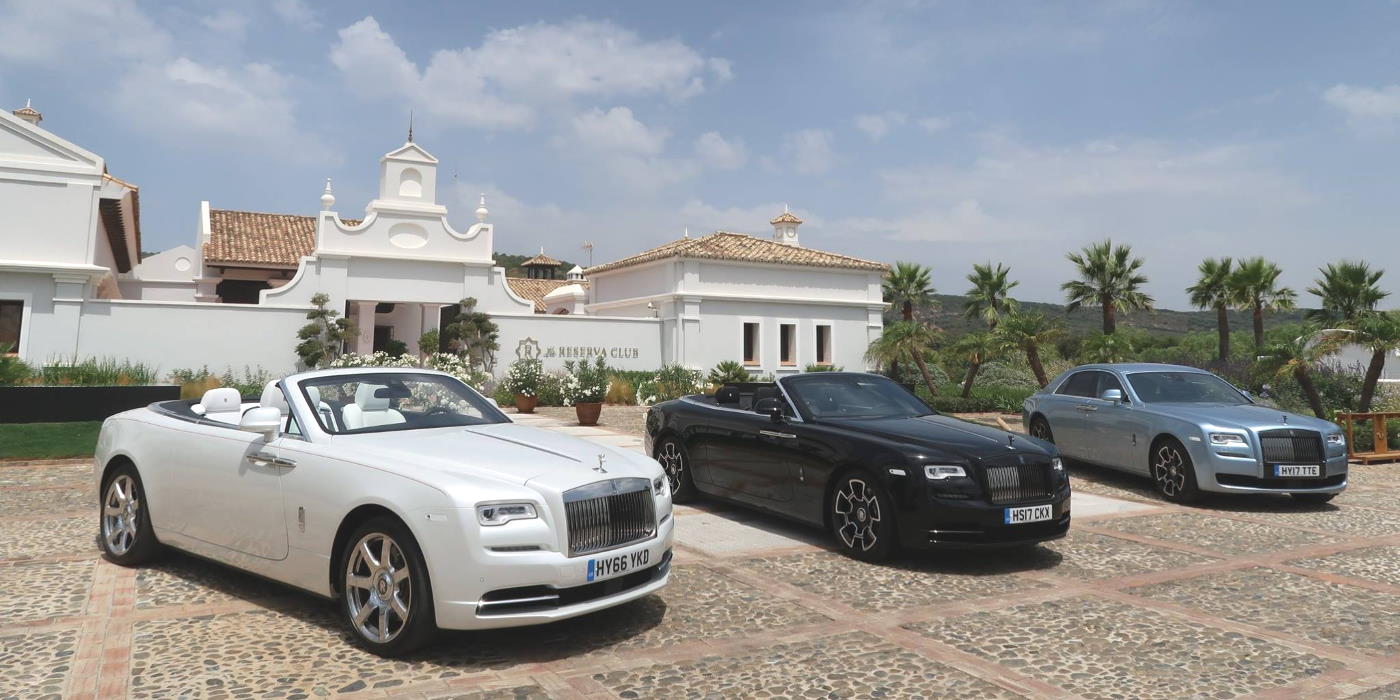Spain’s Digital Nomad Visa and Residency is now more than a year old and has become the second most popular Spanish residency after the Non-Lucrative Visa. This visa or residency permit allows the holder to live in Spain and work remotely or online. It can be applied directly in Spain, or via the Spanish Consulate in the country in which you currently reside.
To get Spain’s Digital Nomad Visa, applicants must have sufficient funds to support themselves, proof they can work remotely from Spain, and must already have been working in their current ‘remote worker’ employment or self-employment prior to applying.
Holders of the Digital Nomad Visa or Residency Permit, may also be eligible for a special income tax rate fixed at 24% for the first 5 years, offering higher earners reduced income tax compared to normal residents.
If you’re not a Spanish citizen and want to live in Spain, you have to obtain Spanish residency. The process that you have to follow to get Spanish residency depends on your nationality, whether you are from an EU country, and if not, what you plan to do whilst you are a Spanish resident.
Nationals of member states of the European Union and Switzerland, as well as other countries party to the agreement on the European Economic Area, have an unconditional right to reside in Spain. Nationals of countries aside from these, are able to gain residency based on achieving other qualifying conditions.
For someone planning to live long term in Spain, temporary Spanish residency is the first step towards getting permanent resident status, which can be applied for after 5 years. Thereafter if someone so wishes, they can apply for Spanish citizenship after completing 10 years of permanent residency in Spain.
British citizens / UK nationals now have to follow the same process as other non-EU national citizens of third countries to get Spanish residency, i.e. first obtain a visa.
The minimum income required for a British Citizen / UK national to obtain a residency visa, is a lot higher than it was to get residency before Brexit. In most cases a single applicant needs to have at least €28k per year, whereas previously less than €7k income would have been sufficient.
You also have to obtain a police criminal check report, and medical certificates are also required for most visa applications.
Importing a high value car from the UK in Spain post Brexit, now comes with added costs. As the UK is no longer in the EU and the standard process to import and register a UK car in Spain now involves customs.
This means on top of the registration tax which in most cases will be 17% of the vehicle value, 10% customs duty and 21% VAT will apply, unless you can find away around it.
Paying nearly £50k to register a £100k motor is simply not a consideration. There are however various ways these huge costs can be avoided, bringing the cost of importing and registering high value cars in Spain down to a few thousand Euros, rather than tens of thousands.
Update – Spanish Residency for British UK Nationals During the Transition Period
The article below was written the UK left the EU under the withdrawal agreement in January 2020.
Under the withdrawal agreement, British Nationals who hold a residency certificate have their rights as an EU citizen secured. On July 6th 2020, the residency application procedure for British UK nationals, switched for the EU residency certificate to the withdrawal agreement TIE ‘tarjeta de indentidad de extranjeros’. Both the certificate and the new TIE give the holder equal status in terms of protected EU rights under the withdrawal agreement.
Read more about Spanish Residency for British UK Nationals and the Transition Period
Article written 13th April 2019
Earlier this year, the Spanish Government published its ‘No Deal Brexit’ Contingency Plan. The Contingency Plan was approved by Royal Decree 1st March, and affirms that the Spanish residency certificate will be needed to confirm legal residence in Spain. The plan makes provision for those residing in Spain who’ve not obtained their Spanish residency EU registration certificate before Brexit, to obtain residency documentation. However, it makes clear that British nationals in this situation will be treated differently to to those who have obtained their certificate BEFORE the UK leaves the EU.
NOTE FOR BRITISH NATIONALS
The UK is no longer part of the EU. British citizens / UK nationals can no longer apply for the Spanish residency certificate for citizens of EU countries. As of 1st January third country general immigration rules apply to British citizens. Nationals of third countries must first apply for a long stay visa before applying for Spanish residency, and then obtain a TIE, ‘tarjeta de indentidad de extranjeros’.
We provide more information in this article: Spanish residency requirements for British citizens / UK nationals
Spanish Residency Certificate for Citizens of EU countries
All EU and EEA (European Economic Area) citizens and their family members have the right to visit, live or work in Spain. A Spanish residency certificate confirms your status as a resident in Spain. For stays of up to 3 months there is no need to register or obtain any Spanish documentation unless you are going to be working, or for example buying a property, in which case you’ll need an NIE. After that period, or if you intend to stay more than 3 months, you are expected to register as a resident.
You are given a residency certificate, or ‘certificado de residencia‘, when you successfully register. The issue of certificates is controlled by the National Police, (Cuerpo Nacional de Policia).





